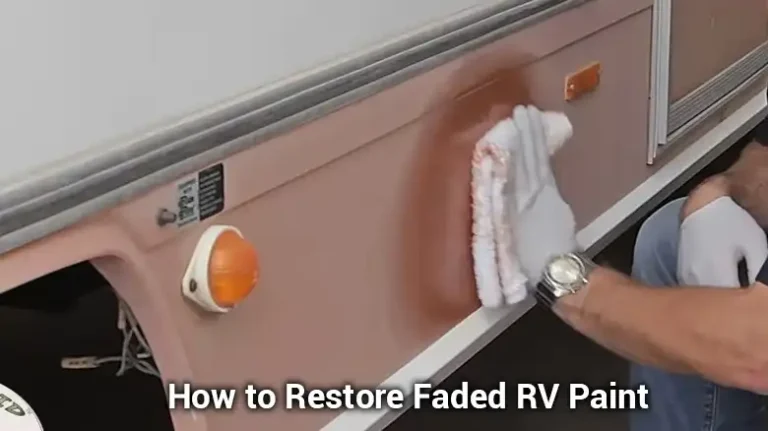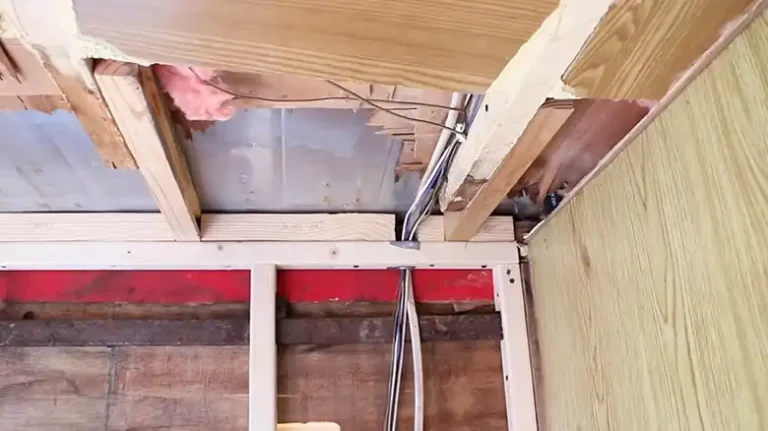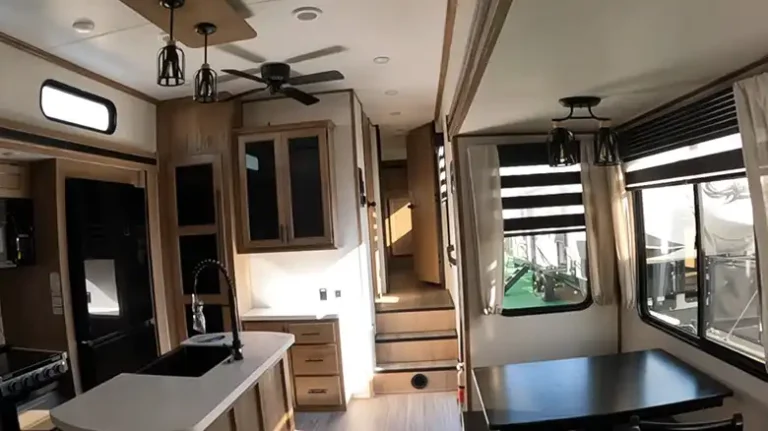Brake Controller Not Recognizing Trailer | My Fixing Guide
As an avid RVer, my trailer brake controller is an essential device – it synchronizes the trailer brakes with my tow vehicle brakes to smooth out stops and improve control. The controller senses when I press the brake pedal and sends an electric signal to the trailer brakes. But on a recent camping trip I discovered a towing nightmare: my brake controller not recognizing my attached trailer!
Without the controller activating the electric trailer brakes, all the braking forces would be on my already-loaded truck. This dangerous situation could cause delayed stopping distances, trailer swaying, or even jackknifing. Let me explain what these critical devices do, why they sometimes fail to recognize trailers, and how I troubleshot the issue.

What is a Trailer Brake Controller?

Brake controllers are control boxes installed inside tow vehicles that work in conjunction with electric brakes on RVs, horse trailers, boats, and other towed vehicles. They synchronize the trailer braking with the tow vehicle brakes based on various inputs. The goal is balanced, smooth stopping power across the two braking systems.
Why Wasn’t it Recognizing My Trailer?
After some frustrating troubleshooting, I did some research online and found out this is a fairly common problem with several potential causes. The main reasons a brake controller may not detect a connected trailer are: corrosion in the connectors that interferes with the signal, damaged pins not making proper contact, shorts or bad grounds in the brake wiring, incorrect wiring between the truck and controller, and faulty components in the controller or trailer brake system.
Troubleshooting the Electrical Issue

Here’s how I went about troubleshooting my brake controller to get it to recognize my travel trailer again:
Verifying Connections
The first thing I tested was the basic wiring connections. I wiggled and checked the 7-way connector on my truck and trailer to see if I could get the connection more solid. These sometimes get corroded or have bent pins that keep them from mating properly. I also tugged on wires going to the controller to make sure there was no damage. Everything looked ok but the controller still did not detect the trailer.
Testing Components
Next, I got out my circuit tester and verified that I was getting the proper brake light signal wire from the truck to the controller. I also pulled the breakaway switch on the trailer to confirm that locked up the brake assemblies. The trailer brakes worked when directly activated but the controller still wasn’t sending the signal when I pressed the pedal.
Ruling Out Controller Failure
At this point, I was sure the problem was with my new controller. Before replacing it, I tried resetting it to factory defaults in case the settings had gotten misconfigured. I also plugged the controller into my wife’s vehicle to test operation with a different tow vehicle – it activated the trailer brakes just fine. This told me the controller was likely wired incorrectly to my truck or there was an issue with my 7-way connector.
Checking Trailer Brakes and Wiring
I went back and inspected all the wiring along my trailer brake assemblies. The magnets showed normal resistance values and passed function tests. The issue ended up being one single damaged wire in the trailer brake wire harness that was grounding intermittently. This caused sporadic connection errors from the controller. Once I repaired that damaged wire section everything worked flawlessly.
How to adjust Brake Controller Settings?

Properly tuning your brake controller settings to match your towing setup is crucial for maximum braking performance and safety. Start by setting the gain or boost level – this controls the amount of voltage sent to the trailer brakes. For light trailers with 1-2 axles, start around level 5. Heavier 3+ axle trailers require more signal power so raise gain to 6-8 range, testing for proper brake feel. Too low and the trailer won’t adequately slow, too high causes premature trailer brake lockup.
Next, adjust activation timing. Quicker response times of around .5 seconds are preferable to minimize delay between truck brake application and trailer braking. Fine-tune so trailer brakes engage slightly before truck brakes. Some controllers feature momentum settings using an accelerometer – maximize this to apply more trailer braking force the quicker you slow down. Get to know your controller adjustments for optimum braking control of different trailers in varying conditions.
When to Seek Professional Help
If you’ve methodically troubleshot your brake controller connections, wiring, and components and still have issues with trailer detection, it may require a professional diagnosis. Some brake controller detection problems end up being faulty truck computers or incorrect software calibration. Getting the latest firmware updates is key before throwing replacement parts at the problem. In tricky cases, brake mechanics can use special diagnostic tools to pinpoint problems.
Other Brake Controller Questions
How can I test my 7-way trailer wiring connectors?
Using a circuit tester at each pin verifies proper light, brake, and auxiliary circuit functions. Check for corrosion, loose wires, and bent connector pins.
Where is the brake controller module located on my truck?
This varies by vehicle – check the owner’s manual. Often under the dash, integrated into the main computer, or in line with a harness running to a 7-way socket.
Will a brake controller upgrade improve trailer braking performance?
Absolutely! Higher-end proportional controllers smoothly modulate voltage to each brake for superior control compared to basic time-delayed models.
Summing it Up
Getting your brake controller and trailer brakes to play nicely together takes some electrical know-how and methodical troubleshooting when issues arise. But well-functioning equipment keeps your towing rig safe so you can relax and enjoy the journey!







